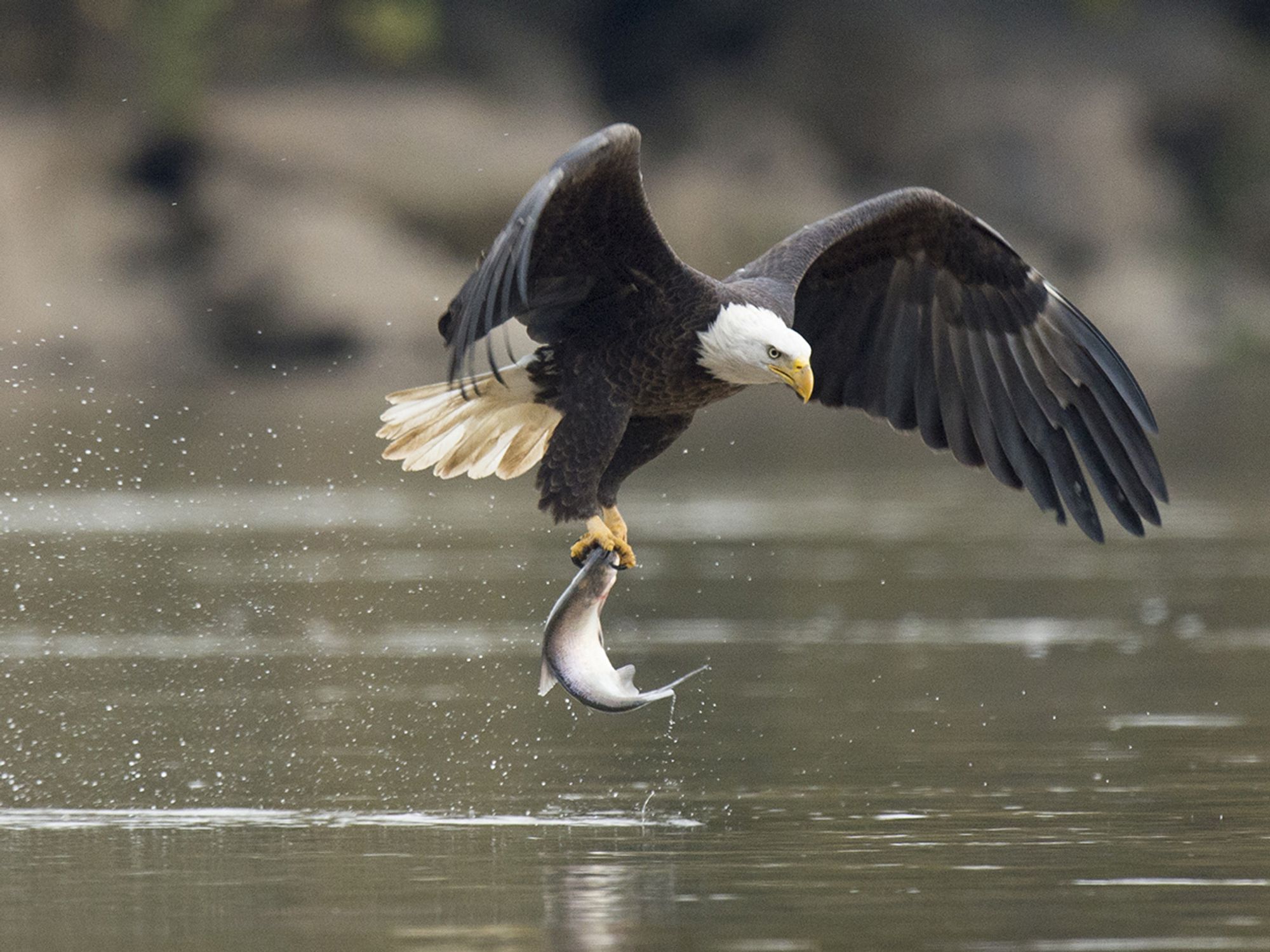Migratory Bird Treaty Act (MBTA)

- The list of migratory bird species protected by MBTA is mainly based on bird families and species included in the four international treaties.
- European starlings, rock pigeons, house sparrows, mute swans, and upland gamebirds are not protected under the MBTA.
Migratory bird species protected by MBTA
The list of migratory bird species protected by the Migratory Bird Treaty Act (MBTA) is mainly based on bird families and species included in the four international treaties (U.S. entered with Canada, Mexico, Japan, and Russia). A migratory bird species is part of the list if it meets one or more of the subsequent criteria:
- It happens in the United States or U.S. territories due to natural biological or ecological actions and is presently, or was listed prior as, a species or in a family protected by one of the international treaties or their amendments.
- Revised taxonomy causes it to become recently split from a species that used to be on the list, and the new species is found in the United States or U.S. territories due to natural biological or ecological actions.
- Recent information prevails for its natural existence in the United States or U.S. territories due to natural distributional changes and the species occurs in a protected family.
Bird species where MBTA does not apply
The Migratory Bird Treaty Reform Act (MBTRA) of 2004 amended the MBTA. It stated that the MBTA relates only to migratory bird species that are native to the United States or U.S. territories. Amendments explained that a native migratory bird species is one that is present due to natural biological or ecological actions. The MBTRA requires the U.S. Fish and Wildlife Service (USFWS) to issue a list of all nonnative, human-introduced bird species to which the MBTA does not apply. An updated list was issued in 2020. The 2020 update pinpoints species that are part of biological families mentioned in treaties the MBTA implements but are not protected because their occurrence in the United States or U.S. territories is only due to deliberate or accidental human-aided introductions. The following nonnative species are not protected under the MBTA:
- European starlings,
- Rock (feral) pigeons,
- House sparrows,
- Mute swans, as well as
- Upland gamebirds like grouse, turkey, and quail.
